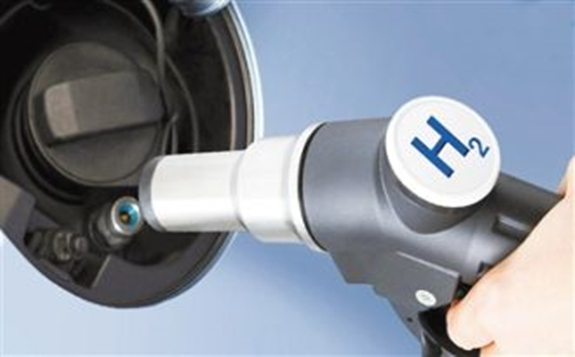A course developed in Orkney, Scotland to prepare local seafarers for working on and alongside hydrogen-powered vessels has been approved by the Maritime and Coastguard Agency (MCA).

The approval represents a significant milestone in the Innovate UK funded HyDIME (Hydrogen Diesel Injection in a Marine Environment) project.
The HyDIME project is focused on demonstrating the use of hydrogen as a fuel in marine transport and will see the integration and trial of hydrogen/diesel injection technology on board the MV Shapinsay to power the auxiliary units of the vessel.
The course was developed by Orkney College UHI’s Maritime Studies department, based at the ‘Nav School’ in Stromness and covers such subjects as the specific characteristics of hydrogen and the design and use of the safety features required for storage, transport and consumption of the fuel.
The course, which follows on from an earlier training programme focused solely on handling of hydrogen, will be jointly delivered by both Orkney College and Orkney Ferries staff, providing a credible mix of theoretical and industry input for the best possible outcome.
The transition to zero-emission shipping is part of the UK Government’s Clean Maritime Plan.
Work undertaken through the HyDIME project to gain the necessary marine licences and regulatory approvals for hydrogen to be used as a fuel in a marine environment supports this, helping to pave the way for future marine hydrogen projects across the rest of the UK.
Green hydrogen is produced using renewable electricity via electrolysis of water (H2O), splitting water into its component parts of hydrogen and oxygen.
The hydrogen can then be used as a fuel for various end uses, helping to decarbonise across heat, power and transport.
Working with a wide variety of partners from the rest of Scotland, UK and Europe, Orkney is playing a pivotal role in the demonstration of green hydrogen technologies through a variety of projects including Surf N Turf and BigHIT, which will help in meeting carbon reduction targets and supporting the further development of renewable energy technologies.
Graham Sinclair, Chair of the Council’s Development and Infrastructure Committee, said, “Once again, we see Orkney punching above its weight at the cutting edge of renewables. This latest development means that we now have the resources and expertise here in Orkney, not only to deliver the crews, vessels and local project management but also high-quality certificated training.”
“It is significant that this training will potentially be rolled out nationally, based on the projects being developed right here.”
The Orkney College UHI Maritime Studies Department, on its own pier in Stromness, has been training seafarers for over 50 years and works closely with the local renewables fleet and the industry around it. The department offers a range of short courses to meet the needs of the fishing and merchant-marine sectors and the latest regulations. The department also provides land and marine based engineering training, incorporating the College’s Engineering Department.
Many of the college instructors are currently serving at sea as well as providing training at the department when on shore providing the department with a team who are right up to date, highly motivated and aware of modern training needs.